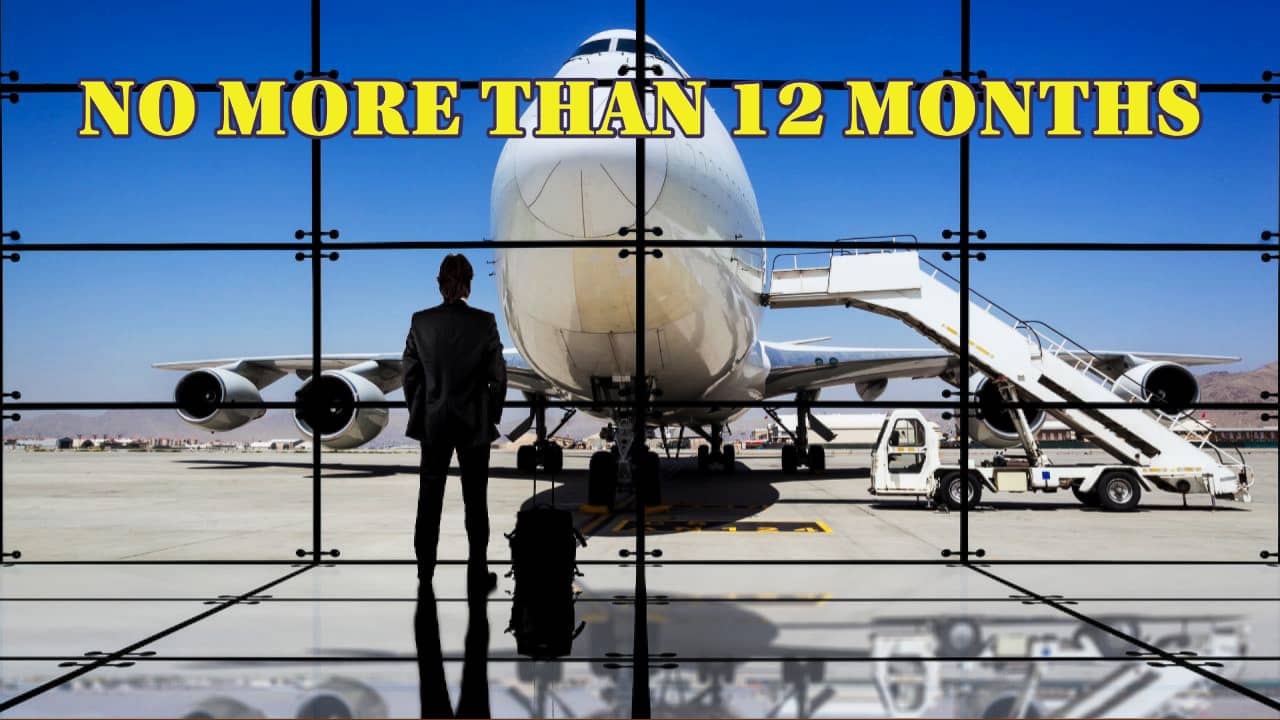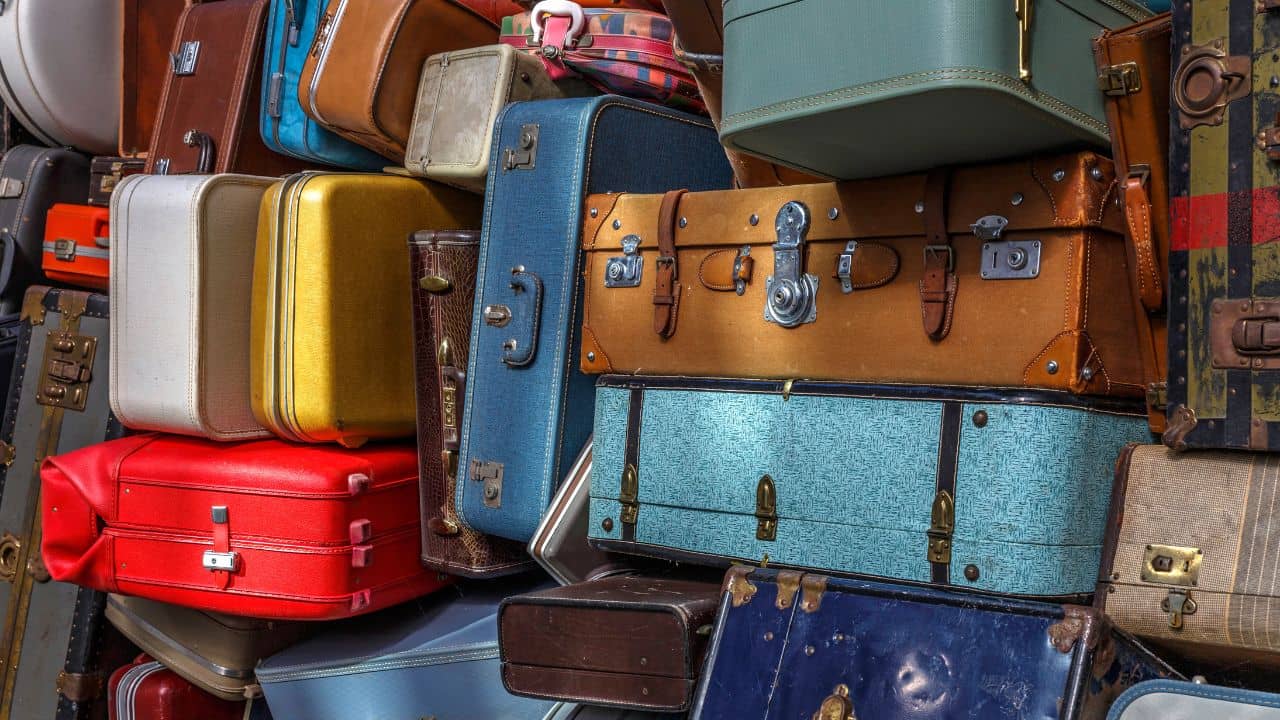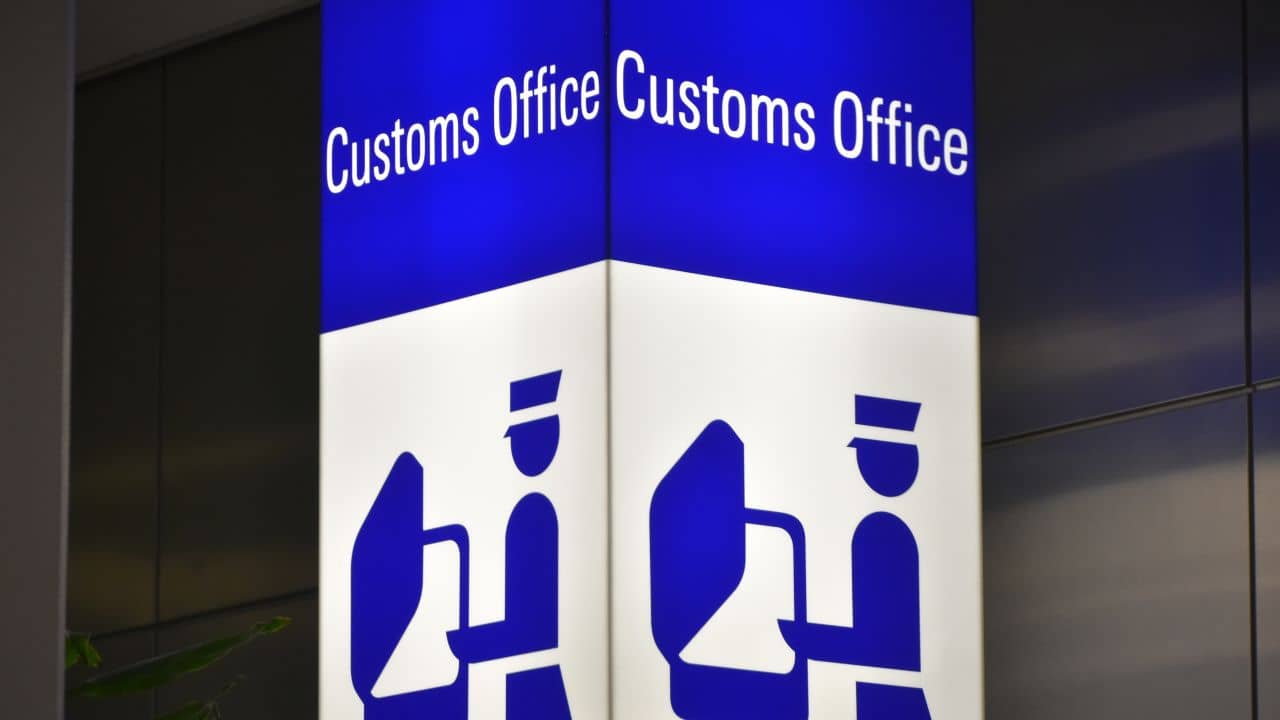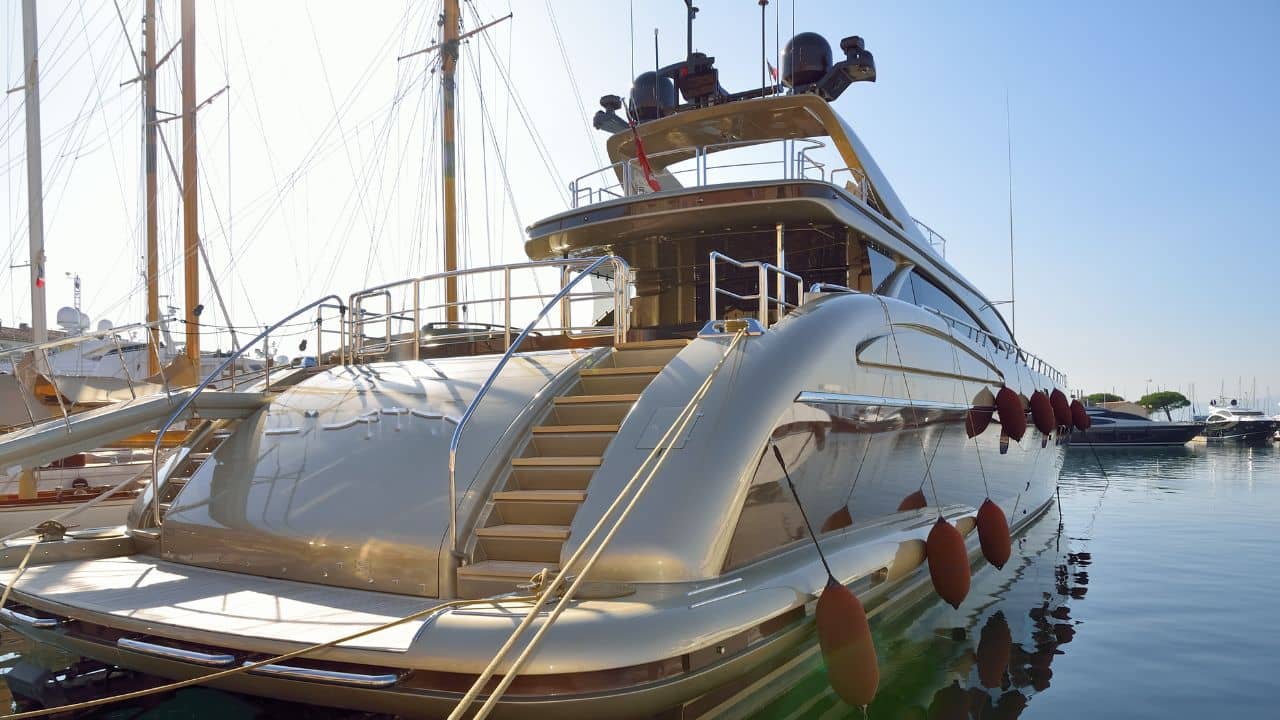
Do You Need to Pay Customs Duties and GST on Temporary Imports?
6-minute read
Sometimes you are importing goods that you’ll be exporting again. If they aren’t consumable and will be in NZ for less than a year, New Zealand Customs calls them “temporary imports”.
You may not have to pay Customs duties and GST on temporary imports.
Guide to Temporary Admission of Goods
Goods imported to New Zealand on a temporary basis may be able to be imported without paying duty, including Goods and Services Tax (GST).
New Zealand Customs developed a guide outlining the requirements for temporary imports, including the categories of goods and financial securities required.
Temporary imports generally only apply to goods that will be exported from New Zealand in the same condition as when they arrived.
If any substantial changes in the goods are intended (e.g. through manufacturing or repair), additional requirements must be met.
There are 2 options for declaring temporary imports:
- an ATA carnet
- submitting an electronic temporary lodgement through a Customs broker or freight forwarder (you may need to give NZ Customs security in the form of a cash deposit, financial bond or temporary import approval and undertaking).
Customs Clearance of Goods Imported Temporarily
A temporary import entry (TIE) is a document which is used to gain Customs clearance for goods imported into New Zealand on a temporary basis.
It provides Customs information on the nature of the goods, the shipping information, who is importing the goods, who supplied the goods etc.
The exceptions are:
- goods imported under a carnet
- household goods that arrive in New Zealand with the visitor – where they qualify for temporary importation without financial security.
TIEs must be submitted electronically.
NZ Customs will help private importers submit a temporary import entry.
However, this service is not available for goods carried by travellers arriving at New Zealand’s international airports.
A TIE should be obtained before arrival in New Zealand. If not, the goods will be held until a TIE has been submitted and finalised.
Commercial importers are required to submit their own TIEs – this service is provided by Customs brokers and freight forwarders.
Classes of Goods that Can Qualify for Temporary Entry
Commercial or privately owned goods that can be clearly identified and traced entering and leaving New Zealand may qualify for temporary entry.
To qualify, the goods must:
- be identifiable by their unique nature or a serial number or other unique identifying feature, and
- not be offered for gift, sale, exchange or distribution in New Zealand, and
- not be consumable items, e.g. paints, lubricants, food products, clothing, medicines etc., and
- be in New Zealand for no more than 12 months, with the exception of long-term restoration projects, which may take longer than 12 months, and yachts and small craft that may be here for up to 24 months.
Yachts and Small Craft Imported by Visitors
Visitors to New Zealand may import a yacht or small craft without paying duty and GST or financial security provided they meet all of the following criteria:
- they are a permanent resident of a country other than New Zealand
- the yacht or small craft will not be sold or offered for sale in New Zealand or destroyed or given away without permission from NZ Customs
- the yacht or small craft will not be used commercially for hire, transport of cargo or carrying passengers.
Yachts or small craft that meet the above criteria can be temporarily imported for up to two years.
If the requirements above are not met, NZ Customs will require financial security and the yacht or small craft must be exported within 12 months.
Goods Imported in Accordance with any Treaty, Agreement or Arrangement
The New Zealand government has entered into a number of agreements that allow specific goods to be temporarily imported.
These agreements include goods covered by Customs Conventions for:
- goods imported for educational, scientific, cultural or humanitarian purposes
- tourist publicity material
- goods imported for sports
- containers, pallets, packing and samples
- the temporary import of:
- animals
- professional equipment and goods for display or use at exhibitions, fairs, meetings or similar events
- road vehicles, private vessels and aircraft.
For further information about qualifying agreements, please contact feedback@customs.govt.nz.
Carnets
Carnets are international customs documents that simplify customs procedures for the temporary import and export of goods and incorporate an international guarantee.
They are issued in the country the goods are first exported from and are designed to enable Customs authorities in the exporting country to control the export and re-import of the goods.
Carnets also enable Customs authorities in other countries to grant temporary entry and record when the goods are finally exported.
They are valid for 12 months from the date of issue.
Carnets allow certain categories of goods to be imported temporarily free of duties and taxes. Where a carnet is accepted, there is no requirement to produce financial security to Customs.
A carnet cannot be accepted in New Zealand for:
- goods imported for processing and repair
- goods imported for use or consumption in the manufacturing, commercial, industrial or agricultural sectors
- television advertising videotape and film
- goods that do not have unique identifiers or cannot be suitably permanently marked for identification purposes.
Two organisations in New Zealand issue carnets for goods being temporarily exported:
- Chamber of Commerce for items other than cars
- Automobile Association (AA) for cars.
Customs does not issue carnets.
If you’re wanting to temporarily import goods into New Zealand on carnet, please contact your local Customs office/bureau, and they will be able to give you the correct issuing organisation(s) contact details.

Household Goods Imported Temporarily by Visitors, Including Motor Vehicles
Visitors who intend to import their goods for up to 12 months may bring the following items into New Zealand without paying duty and GST:
- cameras (still, video, and motion picture), a supply of film, tapes, and accessories
- binoculars
- musical instruments
- sound and video devices (e.g. tape recorders, CD players, mini disc players, DVD players, and dictating machines )
- portable radio receivers
- cellular or mobile telephones
- portable personal computers (laptops) and accessories
- baby carriages and strollers
- wheelchairs
- sporting equipment.
No TIE and financial security is required if NZ Customs is satisfied that goods are for personal use only.
Visitors may also import a motor vehicle (including an attached trailer or caravan) without the payment of duty and/or GST if they intend to export it within 12 months and they hold a carnet.
If no carnet is presented, the vehicle can be cleared through Customs on a TIE, and financial security will be required to cover the duty and/or GST that would otherwise have been payable when the motor vehicle was imported.
The security will be refunded when satisfactory evidence is presented that the goods have been exported within the stipulated timeframe, generally one year.
Visitors’ clothing, footwear, cosmetics, toiletries and jewellery can be imported free of duty and GST if they are for personal use.
Long-term Restoration Projects
Projects that involve the restoration of imported items often import parts and/or accessories and take longer than 1 year to complete.
Customs will consider allowing the goods for such a project to be imported under a TIE with a temporary import agreement (TIA) as security.
NZ Customs consider many factors and will request documentation to determine whether a TIE, with a TIA, is appropriate. For example:
- the value of the goods, and parts/accessories, being imported
- the length of time the work is projected to take
- the contract terms between the owner of the goods and the restorer – is there an agreed work schedule, agreed milestones, scheduled instalment payments etc.
- does the New Zealand company doing the restoration work have a proven track record?
In making its decision, NZ Customs may approve the use of a TIE but with a different type of security.
If a TIE, regardless of security type, is approved for a long-term restoration project, the importer/restoration company will be required to provide progress reports at agreed intervals.
Other Goods
Goods that do not fall into one of the above categories may still be accepted for temporary admission of up to 12 months with financial security. This will be determined on a case-by-case basis in discussion with NZ Customs.

Exporting Goods Temporarily Entered
For yachts and small craft departing under their own power, the electronic export entry giving permission for the departure of private yachts and small craft will be completed by NZ Customs.
There are other border agency departure requirements for departing craft, and further information can be found on the NZ Customs website.
Carnet
The carnet and shipping documentation is presented to NZ Customs when the goods are shipped from New Zealand.
A Customs officer will complete the re-exportation voucher of the carnet and generate an export delivery order or message which permits the goods to be loaded for export.
This should be done at least 48 hours prior to the proposed departure of the goods. Evidence of shipment is required once the goods have departed.
Where goods are being carried with a passenger, a Customs officer will complete the carnet at the airport check-in counter.
As 2-3 days prior notice is required, you will need to contact NZ Customs with flight departure information as soon as you can.
Other goods
The importer is required to submit an electronic export entry 48 hours before the goods are exported. Evidence of shipment must be provided once the goods have departed New Zealand.
If confirmation of the export of goods being carried through an international airport is required, arrangements to meet with Customs at check-in will need to be made.
Once evidence of shipment is received or a Customs officer has confirmed the goods departed with the traveller, any financial security can be released. This may take a few days.
For further information, commercial clients are encouraged to contact their Customs broker or freight forwarder.
Private importers may contact NZ Customs at feedback@customs.govt.nz .
The above information is intended as a guide only. Regulations can change without notice, and for more information, specific guidance, and questions about Customs duties and GST on temporary imports, please visit the NZ Customs website.
Source: New Zealand Customs Guide to Temporary Admission of Goods. The full guide can be found here.
P.S. Easy Freight Ltd helps New Zealand importers & exporters to save money on international freight and reduce mistakes by guiding how to comply with Customs and biosecurity rules.
➔ Contact us now to learn how we can assist you.

